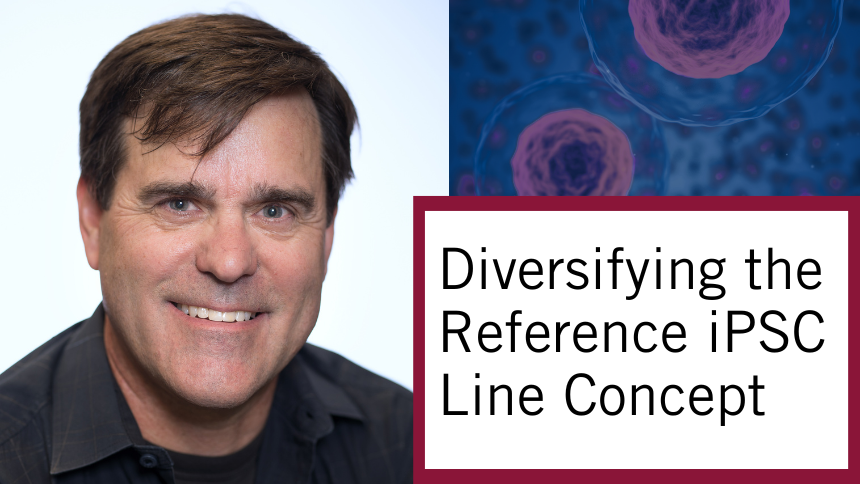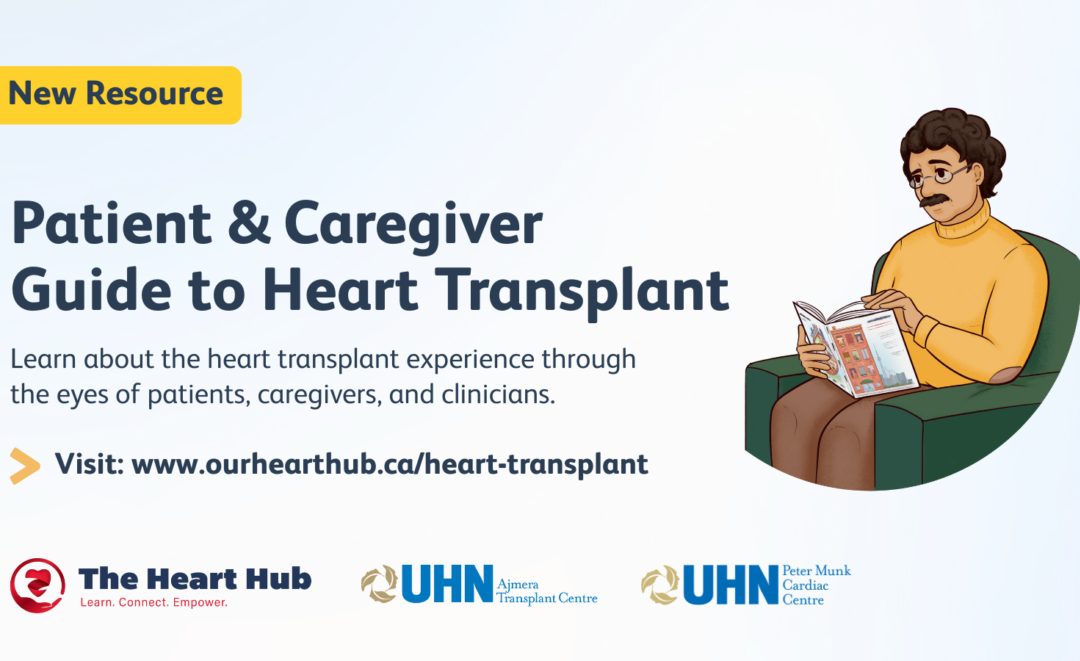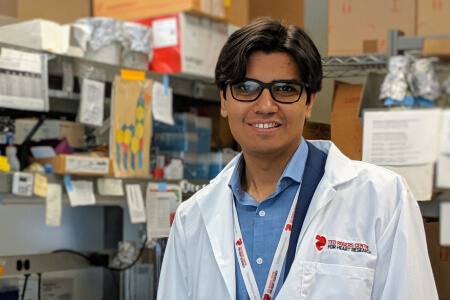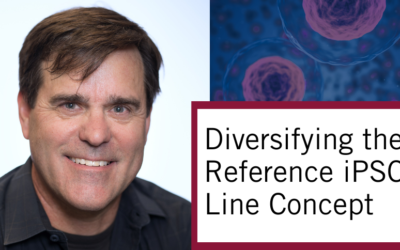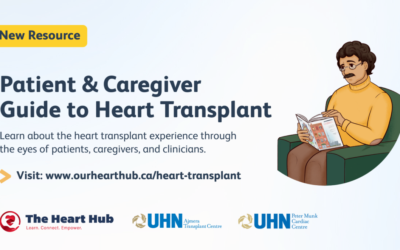Core programs at the Ted Rogers Centre for Heart Research underway in stem cells, clinical innovations and genomics
TORONTO, November 20, 2015 – Today marks the one-year anniversary of the biggest private donation in Canadian health-care history that enabled a unique collaboration between three world-renowned institutions creating the Ted Rogers Centre for Heart Research. With $130 million from the Rogers Family and matching funds from The Hospital for Sick Children (SickKids), University Health Network (UHN) and the University of Toronto (U of T) raising the total to nearly $270 million, the Centre has now established programs that will change the face of heart failure for the one million Canadians who live with it.
“Leading investigators from diverse fields are using the latest knowledge and technology to save the lives of children and adults with compromised hearts,” said Dr. Mansoor Husain, executive director (interim) of the Ted Rogers Centre for Heart Research. “This level of funding and cooperation means that we can make serious inroads in cardiac health using genomics, stem cells, bioengineering and targeted clinical care. This is world-leading research tackling a growing epidemic.”
The Centre is now advised by a panel of scientific experts from Stanford, Oxford, Harvard, Yale, Boston University, and the University of Ottawa.
“I’m impressed by the commitment and engagement of the Rogers family and the participating institutions to resolving important challenges in heart disease research and improving quality of care through research,” said Mark Mercola, professor, Stanford University School of Medicine and panel member. “The Centre is well on its way to bringing together scientists and clinicians, and providing them with the means to develop new therapies for heart disease.”
Heart failure is one of the fastest growing cardiovascular diseases in the world, and a major economic and societal burden in Canada, costing our health-care system up to $3 billion annually. From time of diagnosis, the average survival of a patient with heart failure is just two years – a prognosis worse than most cancers.
Programs now in place:
• “Cardiac Precision Medicine Program” – Researchers aim to identify the genomic basis of heart failure in children. They have begun to study one of the more common congenital cardiac diseases that cause babies to be born “blue” and develop heart failure as they grow as well as diseases of the heart muscle that cause heart failure. As well, the world’s first adult and pediatric cardiac genome clinics will investigate the genetic underpinnings of cardiac disease.
• “Integrated Program for Excellence in Heart Function” – This initiative will optimize heart failure outcomes and improve quality of life for patients, with goals to reduce hospital readmissions by 50% in the next 10 years and the length of hospitalization by 20%. It includes a program dedicated to preventing cardiac toxicity from treatments for other diseases.
• “Translational Biology and Engineering Program” – A team of investigators is studying how genes, molecules and cells function during cardiovascular development and disease. Using stem cells, they seek strategies to repair, regenerate or replace heart tissues. One goal is to personalize medications in the lab using heart tissues created from an individual’s cells before treatment begins.
The Ted Rogers Centre for Heart Research’s first Education Fund competition provided awards to 14 young researchers embarking on a range of promising new projects. This month, the Centre launched its first Innovation Fund, providing seed grants for new collaborative research projects in heart failure.
In May 2016, the Centre will hold its first international scientific meeting to share knowledge among clinical and research experts.
